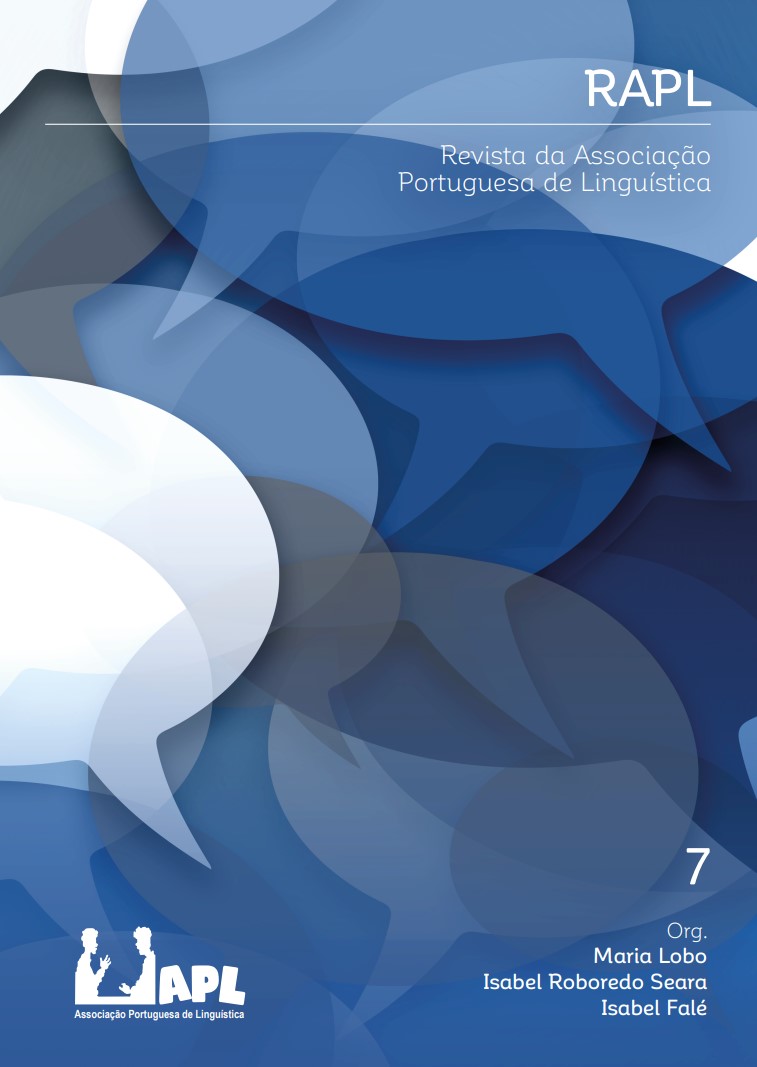Das razões da indignação o insulto como estratégia política no debate parlamentar
DOI:
https://doi.org/10.26334/2183-9077/rapln7ano2020a23Palavras-chave:
debate parlamentar, insulto, argumentação, emoçõesResumo
This paper aims to verify how impoliteness is co-constructed in interactions within an institutional context, more specifically in the communicative situation of parliamentary debate, of an agonal nature. It is intended, therefore, to analyse the procedures that fall within the discourse register of verbal violence and in the category of insult. On the other hand, there is the purpose to study the role of emotions, namely the expression of indignation in argumentation, through the analysis of rhetorical and argumentative procedures in excerpts of controversial interactions of the political discourse subgenre in parliamentary debate, between 2009 and 2012. This analysis is part of the discourse analysis framework, particularly in the analysis of the parliamentary discourse (Ilie, 2010; Marques, 2008), specifically with regard to the “unparliamentarily language” (Ilie, 2004), and integrates theoretical contributions of the argumentation in the discourse (Amossy 2016 [2000], 2014; Plantin 2011), with particular emphasis on the emotionalization of the arguments (Micheli, 2013, 2014). This analysis will also include a number of concepts reformulated by Kerbrat-Orecchioni (1992, 1996), which concern face-work (Goffman, 1974) and face threatening acts (FTAs - Face Threatening Acts), as well as the concept of impoliteness (Culpeper 2011). The linguistic-discursive strategies used in the construction of the dissent will be analysed from a theoretical perspective of verbal violence, according to the works of Auger et al. (2008), with particular emphasis on the offensive illocutionary acts. It appears that the purpose of verbal confrontation is not to reach consensus, but rather to express disagreement and to mark a political position. Not infrequently, however, the intention of those involved in the conflictual discourse goes beyond that of refuting a contrary thesis (and demonstrating that of your party). Instead, it aims at the disqualification and ridicule of the adversary by mobilizing aggressive and destructive verbal acts, mainly associated to an escalation of emotional tension, with the purpose of building a certain political ethos (Charaudeau 2014 [2005]).
Downloads
Downloads
Publicado
Como Citar
Edição
Secção
Licença
Direitos de Autor (c) 2020 Isabel Gonçalves Viola

Este trabalho encontra-se publicado com a Licença Internacional Creative Commons Atribuição-NãoComercial-CompartilhaIgual 4.0.
Os autores mantêm os direitos autorais e concedem à revista o direito de primeira publicação. Os artigos estão simultaneamente licenciados sob a Creative Commons Attribution License que permite a partilha do trabalho com reconhecimento da sua autoria e da publicação inicial nesta revista.
Os autores têm autorização para disponibilizar a versão do texto publicada na RAPL em repositórios institucionais ou outras plataformas de distribuição de trabalhos académicos (p.ex. ResearchGate).





